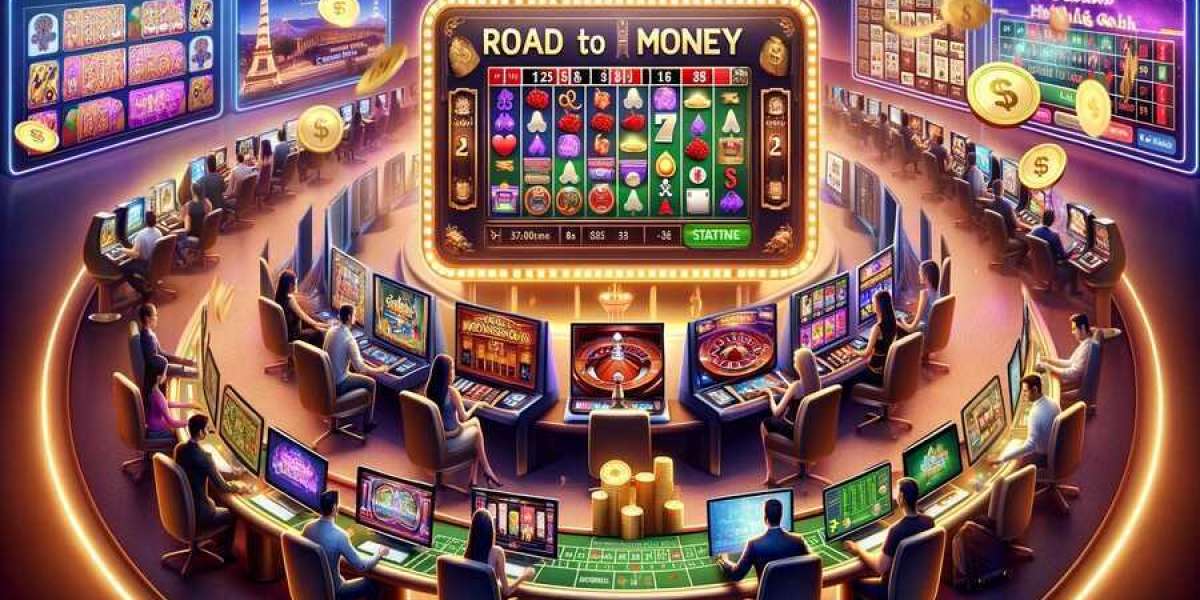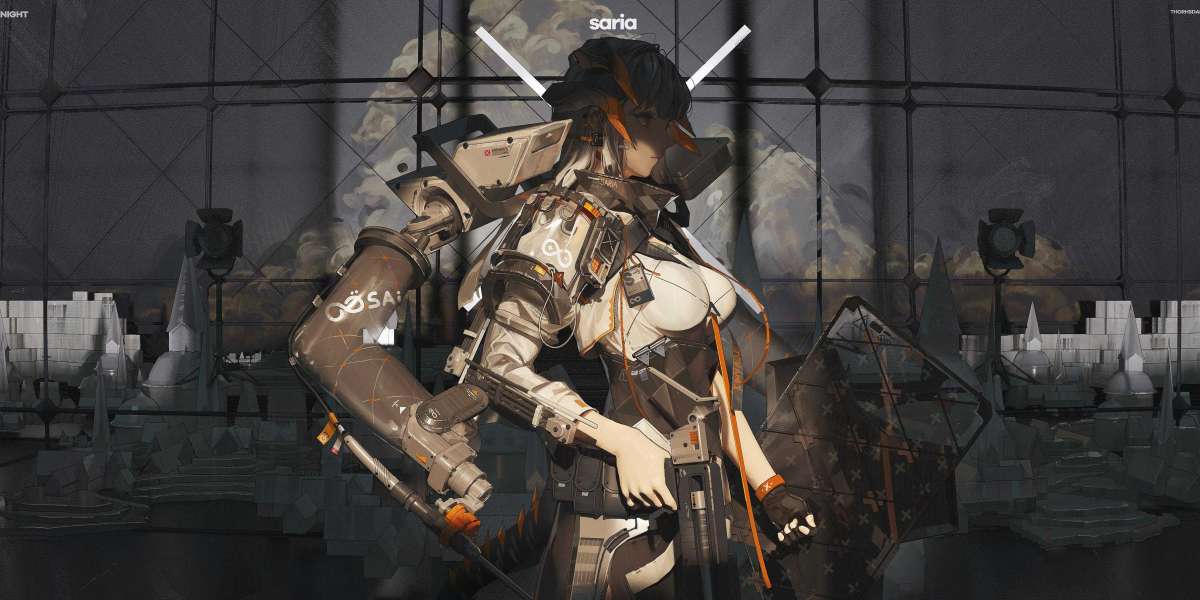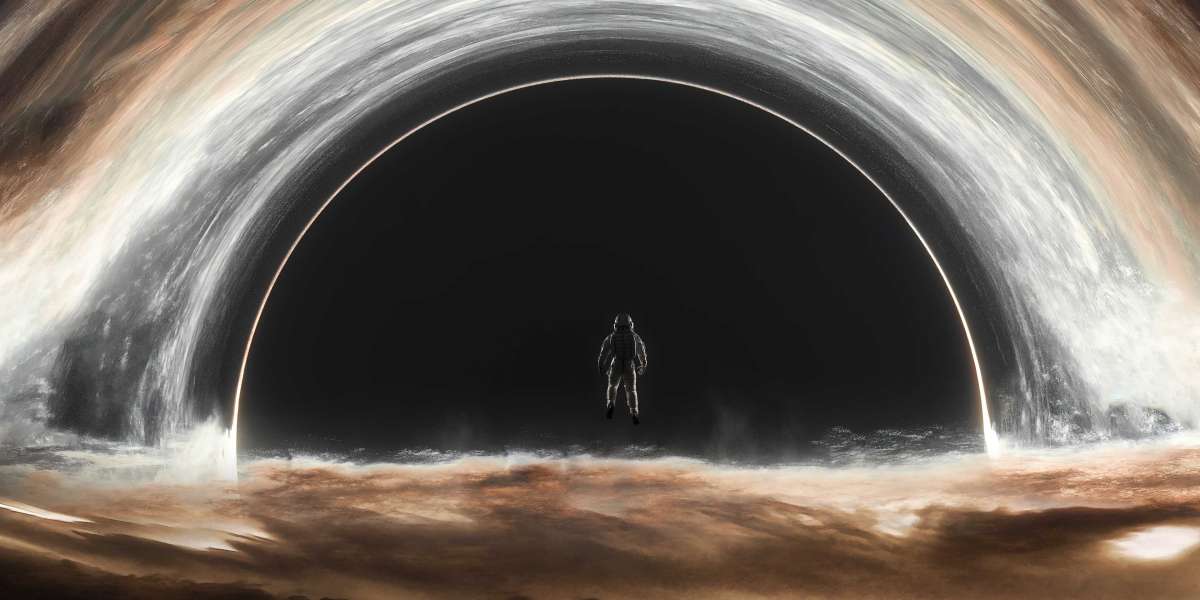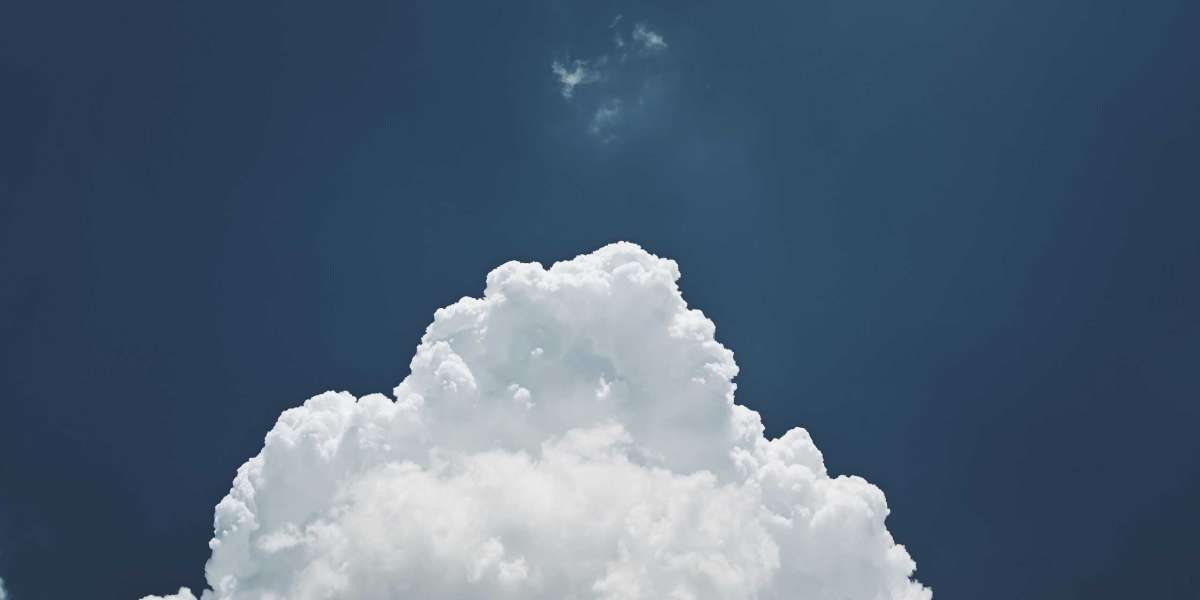Introduction:
In 1989, the world witnessed a momentous event that would shape the course of history - the fall of the Berlin Wall. After standing as a physical and ideological barrier between East and West for nearly three decades, the wall finally crumbled under the relentless pressure of change and the unified demand for freedom by the people of Germany. The events of that year would not only symbolize the end of the Cold War but also mark a turning point in the struggle for liberty and the reunification of a divided nation.
Description of the Event:
It was a crisp morning in May 1989 when a seemingly ordinary press conference took place in East Berlin. Günter Schabowski, a member of the ruling Communist Party, addressed a room full of journalists gathered at the International Press Centre. Unbeknownst to Schabowski, he was about to make an announcement that would send shockwaves throughout the world and change the lives of millions of people.
As the conference progressed, Schabowski casually mentioned the relaxation of travel restrictions for East Germans. Buried within his script was the revelation that individual citizens would now be granted the right to travel to West Germany and West Berlin freely. This unexpected development sparked a frenzy of excitement and hope, spreading like wildfire across East Berlin and beyond.
Word of the new travel regulations quickly reached the ears of East Germans who had long dreamed of crossing the border and reuniting with their families, friends, and a more prosperous life in the West. The joy and anticipation were palpable as thousands descended upon the checkpoints, equipped with the necessary documents, hoping to be among the first to pass through.
Crowds gathered at key border crossings such as Checkpoint Charlie, Bornholmer Strasse, and the iconic Brandenburg Gate. Throughout the day, the checkpoints became inundated with an overflow of people, all yearning for the taste of freedom that had eluded them for so long.
Minutes turned into hours as the border guards struggled to cope with the unprecedented surge of emotion-filled East Germans seeking passage. The atmosphere was electric, a mixture of jubilation, anxiety, and disbelief. Finally, as darkness enveloped the city, the border guards, caught in an impossible situation, succumbed to the sheer weight of history unfolding before their eyes.
Overwhelmed, and with no clear orders from their superiors, the border guards, quite unexpectedly, opened the gates to the awaiting crowd. The people surged forward, tears streaming down their faces, as the stark symbol of division and oppression was breached. Families and friends were reunited in emotional embraces, and an impromptu celebration broke out along the now-opened Berlin Wall.
This historical event marked the turning point in German history. It symbolized the end of the Cold War, the triumph of democracy over communism, and most importantly, the unyielding human desire for freedom and unity. The fall of the Berlin Wall not only united a divided nation but resonated across the globe as a testament to the power of collective will in the face of seemingly insurmountable barriers.








